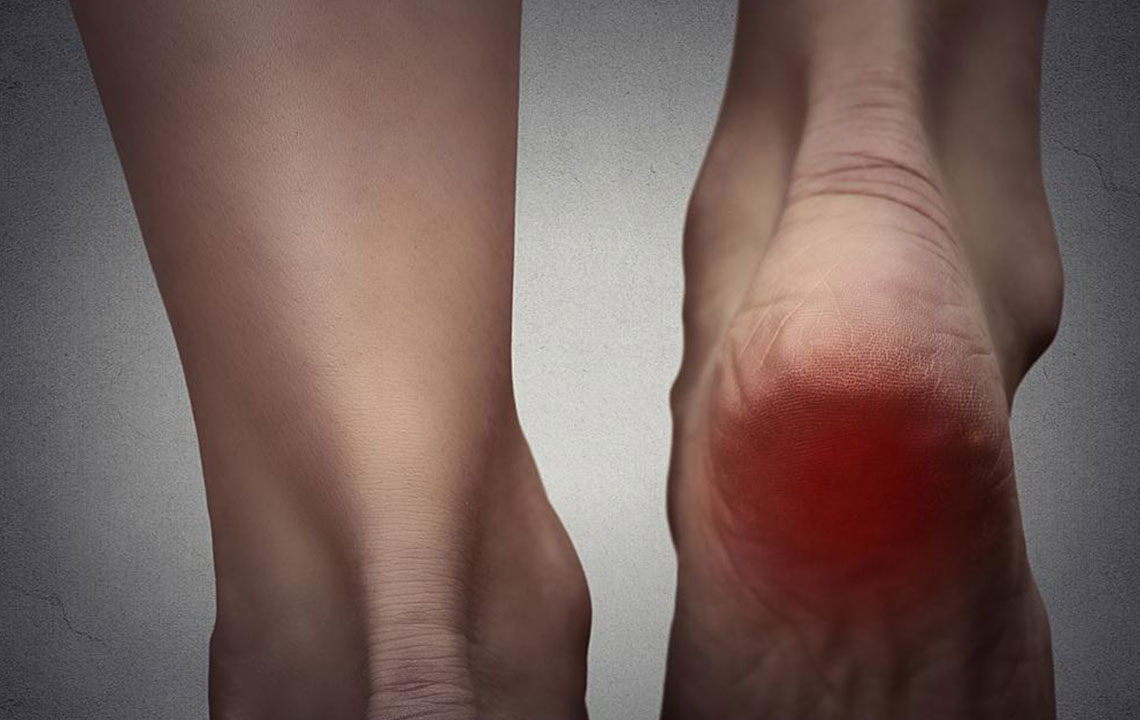Understanding Causes and Management of Foot Nerve Pain
Explore common causes of nerve pain in the feet, including diabetes, vitamin deficiencies, pregnancy, kidney issues, autoimmune diseases, and infections. The article outlines symptoms and recommended treatments to help manage this condition effectively and highlights when urgent medical care is necessary.

Understanding Causes and Management of Foot Nerve Pain
A tingling or numb feeling in your feet might signal underlying health issues. Many people experience this sensation at some point, which can sometimes be painful. While prolonged sitting or maintaining the same posture might cause temporary discomfort, persistent symptoms could suggest more serious conditions. Here are some common causes of nerve pain in the feet and their treatments:
Diabetic Neuropathy
Uncontrolled diabetes can damage nerve fibers, leading to numbness, tingling, and pain in the feet.
High blood sugar levels can harm nerves, causing foot pain and numbness.
Signs to watch for:
Intense thirst
Frequent urination
Itchy skin
Dry mouth
Numbness or pain in feet and hands
Fruity-smelling breath
Unexpected weight loss
Increased hunger
Yeast infections
Delayed wound healing
Fatigue
Nausea
Vision changes
Management A healthcare professional will assess your medical history and perform blood tests to identify the root cause. Treatment may involve lifestyle adjustments and medications like insulin to control blood glucose levels.
During pregnancy, some women might experience tingling in their feet due to the growing uterus exerting pressure on nerves extending into the legs and feet. This sensation can resemble pins and needles.
Tips to alleviate:
Elevate your feet during rest
Switch postures regularly
Stay well-hydrated by drinking plenty of water
If symptoms persist or are accompanied by swelling or weakness, consult your doctor to rule out other issues.
Vitamin Deficiency
Deficiencies in certain vitamins, especially B-vitamins, can lead to nerve discomfort and tingling sensations. This often results from poor diet or underlying health conditions.
Signs include:
Shortness of breath
Fatigue
Cold hands or feet
Dizziness
Chest discomfort
Nausea
Headaches
Enlarged liver
Digestive problems
Management Your doctor may recommend blood tests to confirm deficiency and prescribe appropriate vitamin supplements or treatments based on your diagnosis.
Kidney failure is another potential cause, often linked to high blood pressure and diabetes. Symptoms include tingling, pain, muscle cramps, and weakness in the legs and feet.
Diagnosis involves:
Muscle activity tests
Nerve conduction velocity tests
Blood analysis
Neurological exams
The primary treatment options for kidney failure include dialysis or kidney transplantation.Autoimmune disorders may also trigger nerve pain. Conditions such as lupus, rheumatoid arthritis, Sjogren’s syndrome, celiac disease, or Guillain-Barre syndrome cause the body to attack its own nerves.
Signs:
Joint and nerve pain
Swelling and fatigue
Management involves medical evaluation, blood tests, and tailored treatments including medication and dietary adjustments.
Infections like shingles, Lyme disease, HIV, hepatitis B and C, leprosy, and AIDS can lead to nerve inflammation, resulting in foot tingling.
Treatment depends on the infection type, confirmed through testing. Your healthcare provider may prescribe antivirals or antibiotics accordingly.
Additionally, severe symptoms like facial numbness combined with foot pain could indicate a stroke. Immediate medical attention is crucial in such emergencies.










